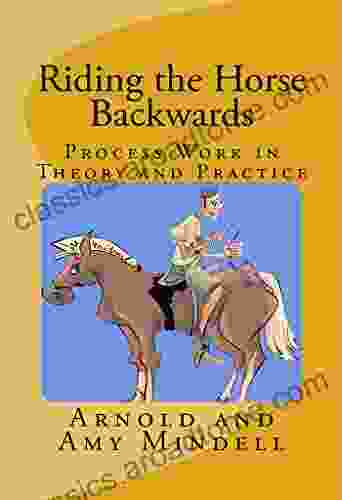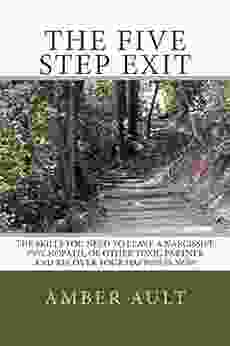From Mean to Bean: The Curious Tale of Coffee's Transformation

Coffee, the aromatic beverage that fuels countless mornings and sustains our afternoons, has a captivating history that dates back centuries. Its origins are shrouded in mystery and its journey to becoming a global phenomenon is nothing short of fascinating.
4.6 out of 5
| Language | : | English |
| File size | : | 1372 KB |
| Text-to-Speech | : | Enabled |
| Screen Reader | : | Supported |
| Enhanced typesetting | : | Enabled |
| Word Wise | : | Enabled |
| Print length | : | 133 pages |
| Lending | : | Enabled |
In this comprehensive guide, we delve into the enigmatic world of coffee, exploring the metamorphosis of the once-toxic coffee bean into the beloved beverage we know today. From its humble beginnings in the Ethiopian highlands to its widespread cultivation and cultural significance, we uncover the secrets behind the transformation of coffee and its profound impact on societies around the world.
The Birth of a Bean

Ethiopia: The Birthplace of Coffee
The story of coffee begins in the verdant highlands of Ethiopia. Legend has it that a goat herder named Kaldi first discovered the energizing effects of coffee beans after observing his goats' unusual behavior after consuming them. Intrigued, he tried the beans himself and experienced a similar surge of energy.
As word of Kaldi's discovery spread, coffee beans became increasingly popular among local tribes as a stimulant. They chewed the beans or mixed them with animal fat to create an energy-boosting paste.

The Toxic Truth: Coffee's Deadly Past
Despite their energizing effects, coffee beans initially had a darker side. In their raw state, they contain a toxic substance called caffeine, which can be fatal in high doses. Early coffee consumers were unaware of this danger and sometimes suffered severe consequences.
However, necessity breeds innovation, and over time, people discovered ways to safely consume coffee. They roasted the beans to reduce their caffeine content and began brewing them in water to create a palatable beverage.
The Spread of Coffee
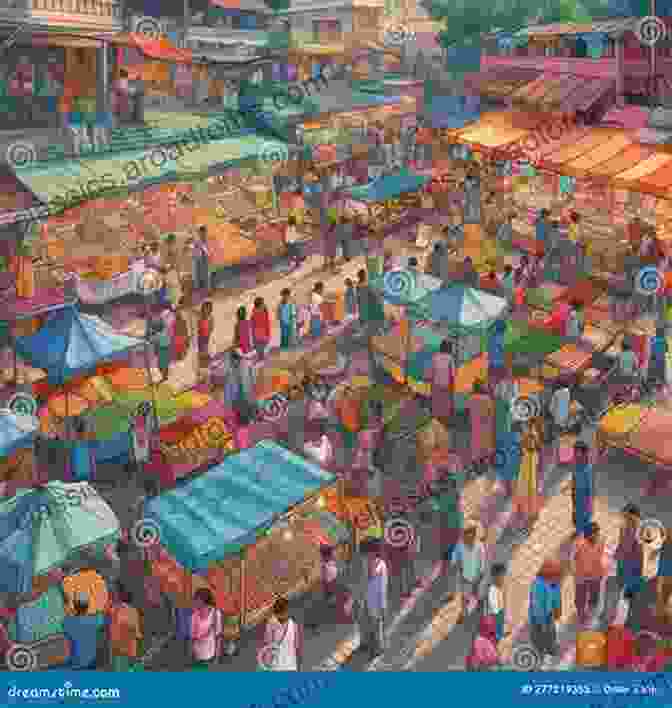
The Arab Influence: Coffee's Journey to the Middle East
In the 15th century, coffee cultivation spread to the Arabian Peninsula, where it found fertile ground and a receptive audience. Arabs embraced the beverage, recognizing its stimulating effects and using it as a social lubricant in their gatherings.
They also established coffeehouses, which became popular meeting places for scholars, poets, and merchants. It was in these coffeehouses that the practice of adding sugar and spices to coffee originated, enhancing its flavor and making it more palatable to a wider audience.

Coffee's Triumphant March Through Europe
By the 17th century, coffee had crossed the Mediterranean and captivated the taste buds of Europeans. Initially met with resistance due to its perceived association with Islam, coffee gradually gained popularity thanks to its energizing effects and perceived health benefits.
Coffeehouses became a fixture in European cities, serving as hubs for social interaction, intellectual discourse, and political intrigue. They played a significant role in the Enlightenment and the birth of modern science.
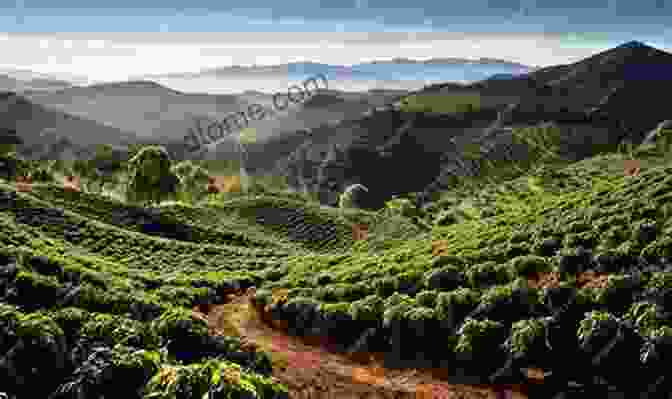
Coffee and the New World: The Rise of the Americas
In the 18th century, coffee cultivation expanded to the Americas, particularly to Brazil and the Caribbean. The vast plantations and favorable climate of these regions allowed for the production of immense quantities of coffee, making it more accessible and affordable globally.
Coffee became an integral part of American culture, fueling the country's westward expansion and providing a much-needed pick-me-up for farmers and laborers.
The Impact of Coffee

Coffee and Culture: A Global Tapestry
Over the centuries, coffee has woven its way into the fabric of countless cultures. It has become a symbol of hospitality, a catalyst for social gatherings, and an essential part of daily routines.
From the traditional coffee ceremonies of Ethiopia to the bustling coffee shops of Seattle, coffee has become a universal beverage, transcending boundaries and bringing people together.

The Health Effects of Coffee: A Double-Edged Sword
Coffee's effects on health have been a subject of ongoing debate. While it contains antioxidants and has been linked to reduced risk of certain diseases, excessive consumption can lead to negative consequences such as anxiety, sleep disturbances, and heart palpitations.
The key to enjoying the benefits of coffee lies in moderation and understanding one's individual tolerance.

Caffeine: The Fuel That Powers Millions
Caffeine is the primary active ingredient in coffee, responsible for its energizing effects. It acts as a stimulant, increasing alertness, focus, and physical performance.
While caffeine can be beneficial in moderation, excessive consumption can lead to dependence and withdrawal symptoms, emphasizing the need for responsible consumption.

Coffee's Future: Innovation and Sustainability
As technology advances, so too does the realm of coffee brewing. From smart coffee makers to innovative extraction methods, the pursuit of the perfect cup continues.
Additionally, sustainability is becoming increasingly important in the coffee industry. Farmers and roasters are exploring eco-friendly practices to minimize environmental impact and ensure the longevity of coffee production.
The journey of coffee from its toxic origins to its beloved status is a testament to human ingenuity and our enduring love for this aromatic beverage. Through innovation, experimentation, and cultural exchange, coffee has left an indelible mark on societies around the world.
As we continue to explore the complexities of coffee, its history, and its impact, we can appreciate its role as a stimulant, a social lubricant, and a catalyst for change.
Join us on this caffeinated odyssey as we delve deeper into the world of coffee, unraveling its secrets and celebrating its transformative power.
4.6 out of 5
| Language | : | English |
| File size | : | 1372 KB |
| Text-to-Speech | : | Enabled |
| Screen Reader | : | Supported |
| Enhanced typesetting | : | Enabled |
| Word Wise | : | Enabled |
| Print length | : | 133 pages |
| Lending | : | Enabled |
Do you want to contribute by writing guest posts on this blog?
Please contact us and send us a resume of previous articles that you have written.
 Book
Book Novel
Novel Page
Page Chapter
Chapter Text
Text Story
Story Genre
Genre Reader
Reader Library
Library Paperback
Paperback E-book
E-book Magazine
Magazine Newspaper
Newspaper Paragraph
Paragraph Sentence
Sentence Bookmark
Bookmark Shelf
Shelf Glossary
Glossary Bibliography
Bibliography Foreword
Foreword Preface
Preface Synopsis
Synopsis Annotation
Annotation Footnote
Footnote Manuscript
Manuscript Scroll
Scroll Codex
Codex Tome
Tome Bestseller
Bestseller Classics
Classics Library card
Library card Narrative
Narrative Biography
Biography Autobiography
Autobiography Memoir
Memoir Reference
Reference Encyclopedia
Encyclopedia Andrew Gersten
Andrew Gersten Qc Babe
Qc Babe Andrew Thompson
Andrew Thompson Sophie Van Tiggelen
Sophie Van Tiggelen Ray Jackendoff
Ray Jackendoff Amos Oz
Amos Oz Judy Ann Nock
Judy Ann Nock William Gurstelle
William Gurstelle Andrea Raynor
Andrea Raynor Val Waldeck
Val Waldeck Amy Myers
Amy Myers Andrew Young
Andrew Young Andrew Watt
Andrew Watt Massimo Ceraolo
Massimo Ceraolo Jack Moffitt
Jack Moffitt Andreas Dormann
Andreas Dormann Ankit Panda
Ankit Panda Susan Reynolds
Susan Reynolds Glenda Larke
Glenda Larke Thierry Grillet
Thierry Grillet
Light bulbAdvertise smarter! Our strategic ad space ensures maximum exposure. Reserve your spot today!

 James GrayUnveiling the Croatian Language: Your Gateway to Conversational Fluency with...
James GrayUnveiling the Croatian Language: Your Gateway to Conversational Fluency with... Timothy WardFollow ·18.1k
Timothy WardFollow ·18.1k Duncan CoxFollow ·2.2k
Duncan CoxFollow ·2.2k Joshua ReedFollow ·14.4k
Joshua ReedFollow ·14.4k Evan SimmonsFollow ·12k
Evan SimmonsFollow ·12k Billy FosterFollow ·15.2k
Billy FosterFollow ·15.2k Tim ReedFollow ·8.2k
Tim ReedFollow ·8.2k Morris CarterFollow ·2.3k
Morris CarterFollow ·2.3k George HayesFollow ·11.2k
George HayesFollow ·11.2k
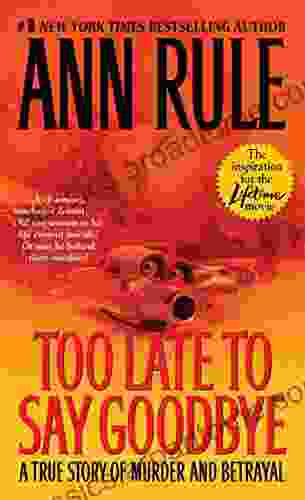
 Braden Ward
Braden WardThe True Story of Murder and Betrayal
In a small town where...
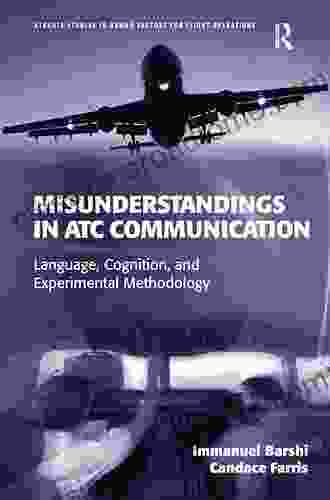
 W. Somerset Maugham
W. Somerset MaughamUnraveling the Complexities of Human Language: A...
Language is a fundamental aspect of human...
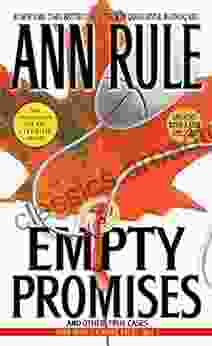
 Ibrahim Blair
Ibrahim BlairTrue Crime Tales That Will Keep You on the Edge of Your...
Prepare to be...
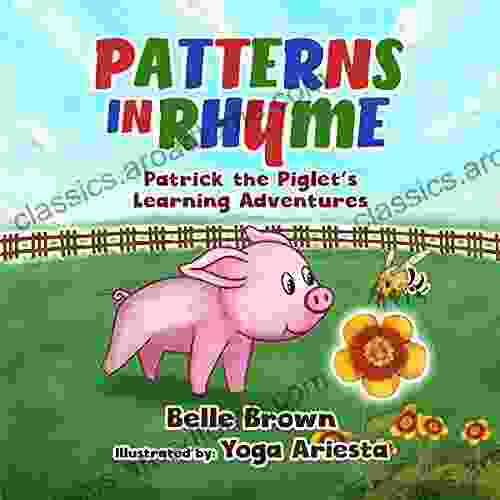
 Rick Nelson
Rick NelsonPatterns In Rhyme: A Journey of Discovery with Patrick...
Welcome to the...

 Edgar Hayes
Edgar HayesWithout Pity: Unmasking the Evil Within
In the realm of true...

 Cooper Bell
Cooper BellFannie Lou Hamer's Indelible Legacy: Unraveling the...
The Black Freedom Movement, a pivotal...
4.6 out of 5
| Language | : | English |
| File size | : | 1372 KB |
| Text-to-Speech | : | Enabled |
| Screen Reader | : | Supported |
| Enhanced typesetting | : | Enabled |
| Word Wise | : | Enabled |
| Print length | : | 133 pages |
| Lending | : | Enabled |



